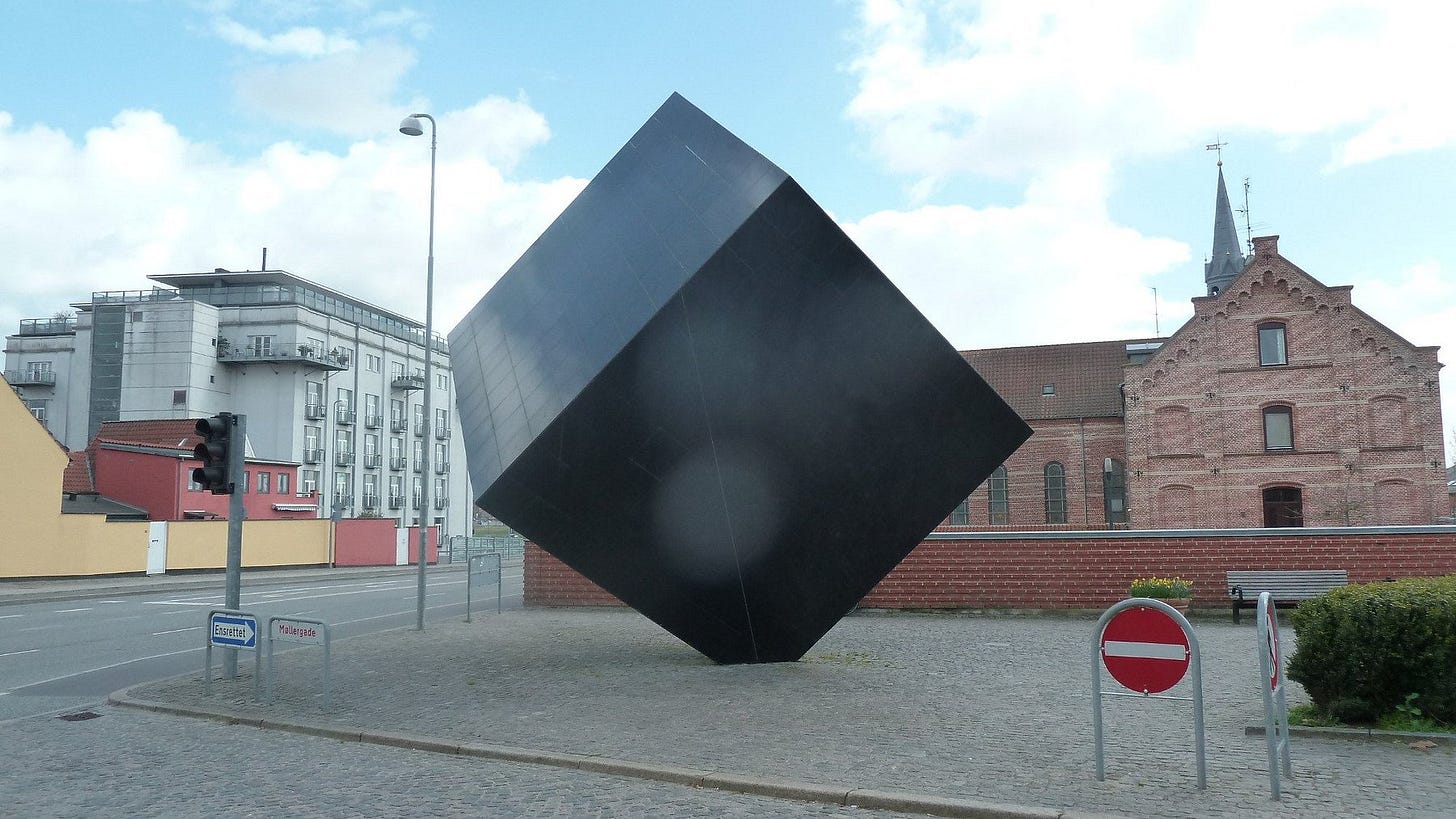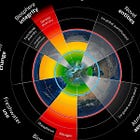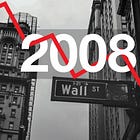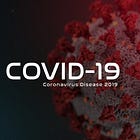The Black Box
In an age where planetary governance is sold as care, where science is framed as religion, and where democracy is quietly ‘strengthened’, one mechanism serves to facilitate this trajectory towards the technocracy beyond all others.
This is no metaphor. The Black Box is real, and it governs you.
the model
At the heart of every sweeping global policy — from climate to pandemics — lies a computational model, now more commonly known as a Digital Twin. These models claim to simulate Earth systems, disease vectors, economic collapse, or social instability. They're treated as objective tools, designed to convert undecipherable complexity into terms digestible by expert panels working to facilitate ‘the common good’ through global NGOs. But the data fed into these models is typically beyond the reach of the commoner, and the models themselves are often proprietary, or only partially accessible to the public. This makes them a perfect black box — ideal for concealing cherry-picked data, normative assumptions, and ideological framings.
the input
An issue — such as rising CO₂, regional deforestation, or a component of the Planetary Boundaries framework — is programmatically fed into the Black Box model. What comes out is never simple: it becomes data that facilitates a crisis, which through interdisciplinary analysis suddenly becomes a meta-crisis — framed as systemic, global, interlinked, and urgent. It is too complex for local solutions, too late to waste time, and too important for debate, which would only serve to delay — especially given the potential interdisciplinary ripples understood only by experts. However, in the spirit of ‘transparency’, grassroots organisations — funded by Soros, Rockefeller, Ford, or not — are briefed on the structural injustice committed in the name of morality, and they set out to drum up awareness of the issue.
one
Once the model renders its judgment, and awareness has been drummed up by a brick-throwing, rent-a-crowd Civil Society Organisation, a chorus of ‘experts’ — commonly from NGOs with UN General Consultative Status and thus holding the power to ‘place items on the agenda’ — step in. They act as moral interpreters of the Black Box model, seeking what’s best for humanity. And the data isn’t just technical; it’s ethical. The crisis isn’t just dangerous; it’s unjust. It becomes a structural crisis, outlining issues of systemic inequities — thus driving a moral challenge.
The NGOs deliberate and eventually come to define what counts as the relevant ‘common good’. Complexity is the pretext; exclusion is the result. Promises of ‘participation’ do not extend to NGOs working for ‘the common good’, and neither does accountability. They merely interpret the data; they do not set policy direction.
two
With a rendered Black Box output now interpreted as a ‘common good’ by ivory tower NGO experts, it is time to ‘place the item on the agenda’ at the United Nations — which in turn necessitates a plan of action.
Enter the Trilateral Commission. Not a legislative body, not a public institution, but a strategic forum. It is here that the manufactured crisis and its accompanying moral mandate are translated into policy through public-private partnerships.
State actors, multinational corporations, philanthropic foundations, and civil society figures meet — not to deliberate on whether something should be done, but to decide how best to implement what has already been decided.
And the Trilateral Commission shouldn’t be held accountable, either. After all, they merely work to facilitate a solution in the public interest.
three
Having finished the planning, the crucial topic of information arises. In the spirit of ‘transparency’, informing the public of impending armageddon is deemed very, very important — as is the procurement of relevant information. Consequently, a facility is established to address all matters of information. All input data must meet certain quality standards, and all outgoing information must be carefully vetted to ensure the correct impression is left behind. An information clearinghouse of this sort is thus created.
Accountability is not a concern here, because they merely seek to facilitate the transmission of trustworthy and relevant information — all in service of the common good.
four
The next step is implementation. This is where the World Economic Forum takes the baton. Its members — representing the private side of global governance — are more than happy to participate, working in the spirit of public interest.
The solution comes through blended finance deals. These allow private actors to invest in planetary-scale ‘public goods’, with public money guaranteeing the downside. It is the ultimate arbitrage: the public shoulders the risk, the private sector captures the return — and all of it is cloaked in virtue.
The crisis becomes a market. The common good becomes a commodity for private capital to capitalise on, while the public — through labour, grants, and concessional finance — absorbs the risk ‘for the common good’.
And the private sector cannot be held accountable for delivering a solution called for by expert consensus and public, CSO-driven demand. Public officials, however, must ensure they handle the solution in a sound and proper manner.
five
The resulting ‘public good’ could be a technocratic institution left behind to enforce a boundary — a technical threshold that must not be breached. It might operate through the regulation of global carbon emissions, bureaucracy around nuclear energy, or it could concern a humanitarian matter — or even an alleged pandemic.
This organisation, typically, will now be in a position to begin searching for the next looming disaster, using complex computational models that only NGO-funded experts are supposedly qualified to understand — thus repeating the cycle.
And this created organisation ultimately cannot be held accountable, as it is merely the outcome of the process itself.
the black box
The Black Box is the meta-structuring mechanism of our time. It converts ideology into science, science into moral law, and moral law into supranational policy. It allows unelected networks to define the crisis, the solution, and the beneficiaries — all without public oversight. And the crisis, through interdisciplinary interpretation, becomes a meta-crisis, spreading into every aspect of life and prompting a call for holistic governance — without the need for democratic input at any stage of the process.
It is governance without consent, Cloaked in Care. And no-one can ultimately be held accountable — for they were all merely working to facilitate the public good.
the template
The steps above happen to be an explicit description of the five stages of Wolfgang Reinicke’s Trisectoral Networks — the very mechanism which, through its adoption within the United Nations system, enabled this corruption in the year 2000.
But Reinicke was not alone in this endeavour. Among the co-authors, you’ll find Klaus Schwab of the World Economic Forum, along with several members of the Trilateral Commission — including the former US President, Jimmy Carter.
taxation without representation
At no stage of this process does democratic accountability enter the picture. Yet we are taxed for the privilege of private enterprise cashing in on common goods that we cannot politically influence.
The Black Box stands as nothing less than an abstraction of that very principle.
the output
But that leaves a question:
The NGO didn’t drive this process.
They merely interpreted the data.The Trilateral Commission didn’t drive this process.
They merely facilitated its coordination.The Information Clearinghouse didn’t drive this process.
They merely filtered the information per instruction.The World Economic Forum didn’t drive this process.
They merely implemented its solution.The resulting organisation didn’t drive this process.
They didn’t even exist when the model produced the data.
So who did?














Stop working so hard Esc, I can't keep up with archiving all of your phenomenal work!
Cracking post - an almost perfect summary.